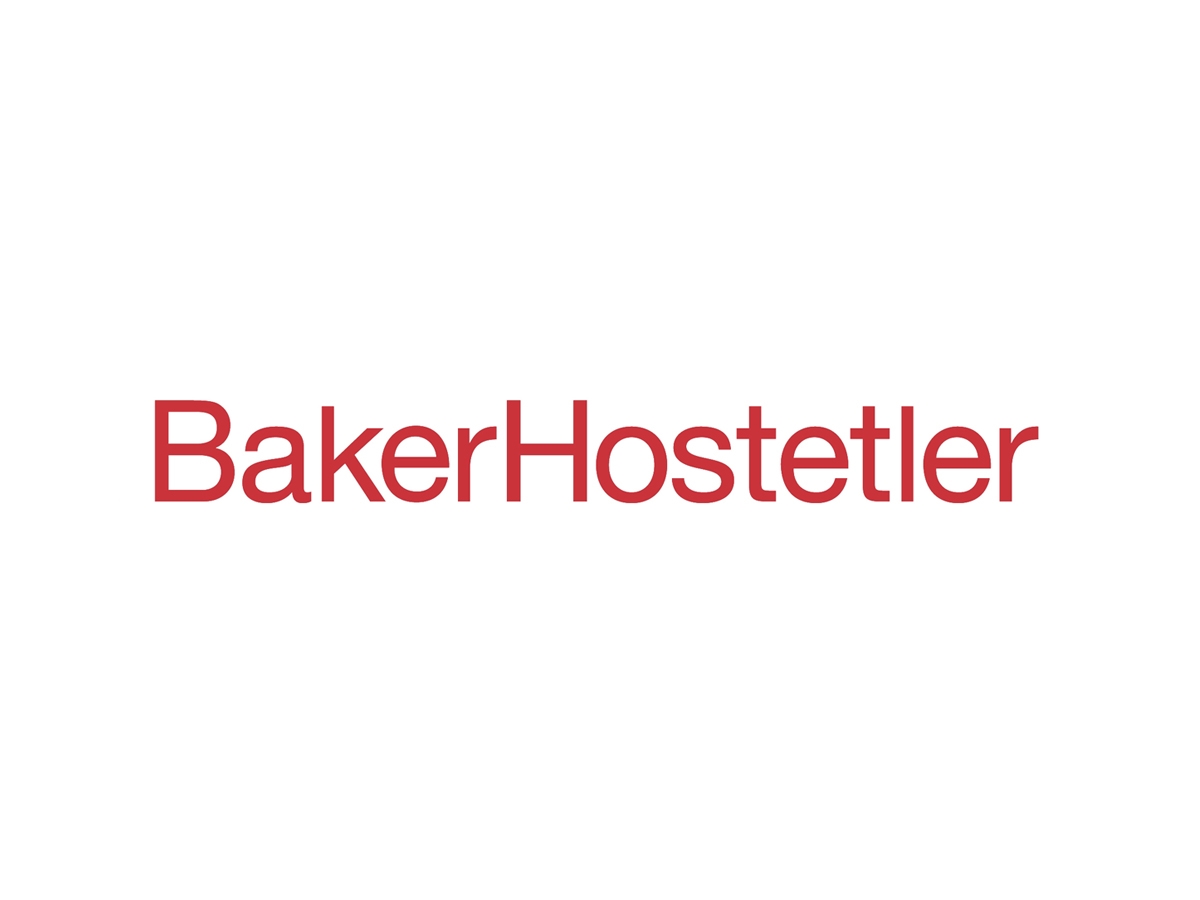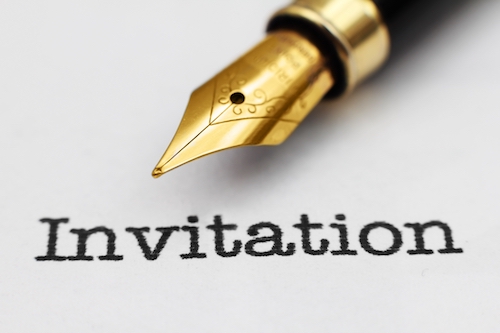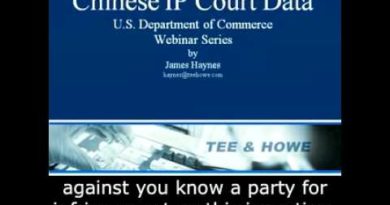Your Kid as a Collectible: NIL in the Youth Sports Space | BakerHostetler
Discussions around name, image and likeness (NIL) rights have largely revolved around the rights of college athletes to profit from the use of their NIL. As the profitability of these NIL deals continues to climb, advertisers and sports-adjacent organizations have begun to expand to other levels of sports. Most notably? Youth sports.
At the beginning of May, youth baseball event operator and recruiting platform “Perfect Game” announced it had entered into a multiyear agreement with Fanatics to distribute trading cards, collectibles and memorabilia.[1] Perfect Game runs around 10,000 events annually, and to participate, athletes sign a release that grants Perfect Game “the absolute and irrevocable right” to use their name, signature, likeness, image, voice and/or appearance in any photos, videos, audio, digital images, or cards on behalf of Perfect Game or its affiliates, at any present or future events related to Perfect Game.[2] Now, the deal with Fanatics will allow the company to begin producing and distributing trading cards and other memorabilia of Perfect Game athletes beginning later this year.[3]
A broad NIL grant similar to Perfect Game language is customary to participate in youth sports events. Youth sports operators want to be able to capture photo and video content to promote the event and publicize event participants to potential colleges, professional scouts, and other athletes. These types of NIL grants have been largely uncontroversial because the activations are usually on a group basis, youth sports athletes benefit from the promotion, and such grants do not displace personal NIL opportunities.
The Perfect Game/Fanatics deal raises some new questions and has generated discussion across sports. To some, the deal with Fanatics represents an exciting opportunity for high school athletes to begin building their brands in a bigger spotlight. To others, including some high-profile baseball agents, the deal is an attempt by companies to acquire valuable NIL rights of top athletes while they are unrepresented youth athletes who (along with their parents) may not fully understand the ramifications of what they are signing away.[4] One of the Perfect Game NIL grants that has attracted particular scrutiny is the requirement that athletes must sign certain merchandise without any additional compensation. Critics argue that Perfect Game and Fanatics will acquire signed memorabilia from hundreds of young baseball players at little or no cost, wait until a handful of Perfect Game participants become MLB stars, and then sell those items at a big profit – without compensating the athlete. On the other hand, many Perfect Game athletes are probably excited at the opportunity to be featured on professional quality trading cards, even if they are not compensated.
In 2023, 31 states had enacted statutes that allowed for high school athletes to monetize their NIL.[5] Now that many states enable youth athletes to participate in the monetization of their NIL, legislators should begin to consider what protections will need to be in place in order to ensure that students and their parents do not fall prey to predatory practices. These protections may include the requirements of representation, time limits on contractual terms, and the statutory availability of a contractual opt-out at the age of 18. Some states may also choose to focus their efforts on regulating the individual NIL agreements and not the standard “group” NIL grants that are often required by youth sport events.
[1]
[2]
[3]
[4]
[5]
[View source.]






